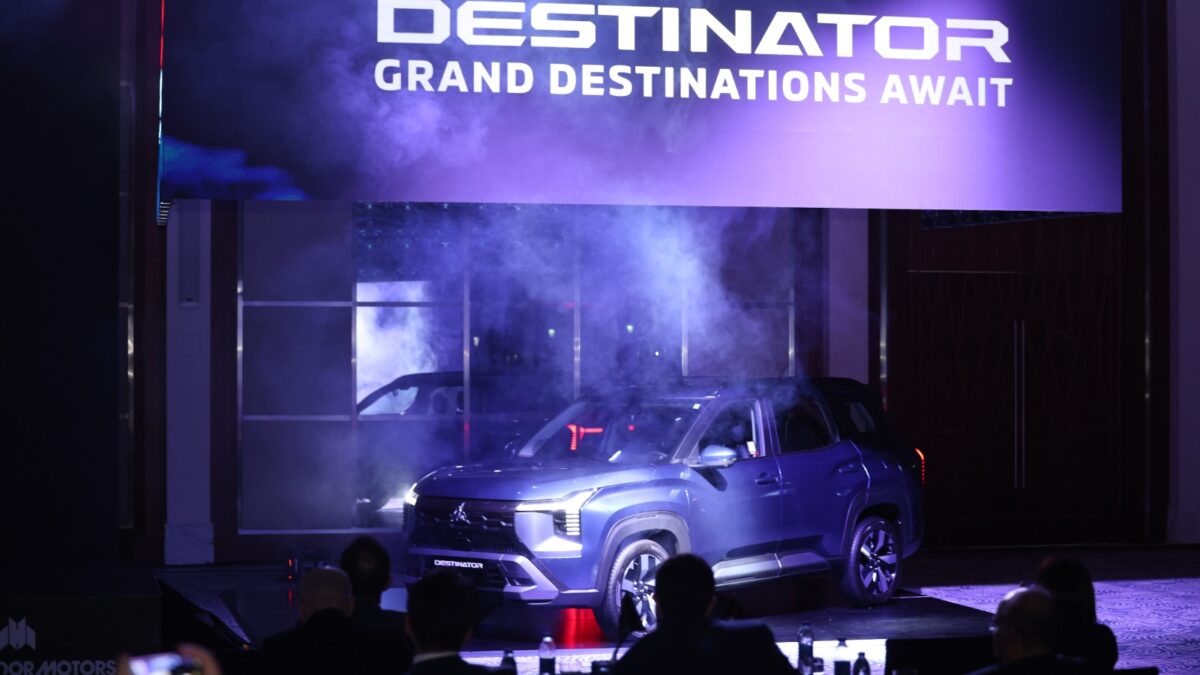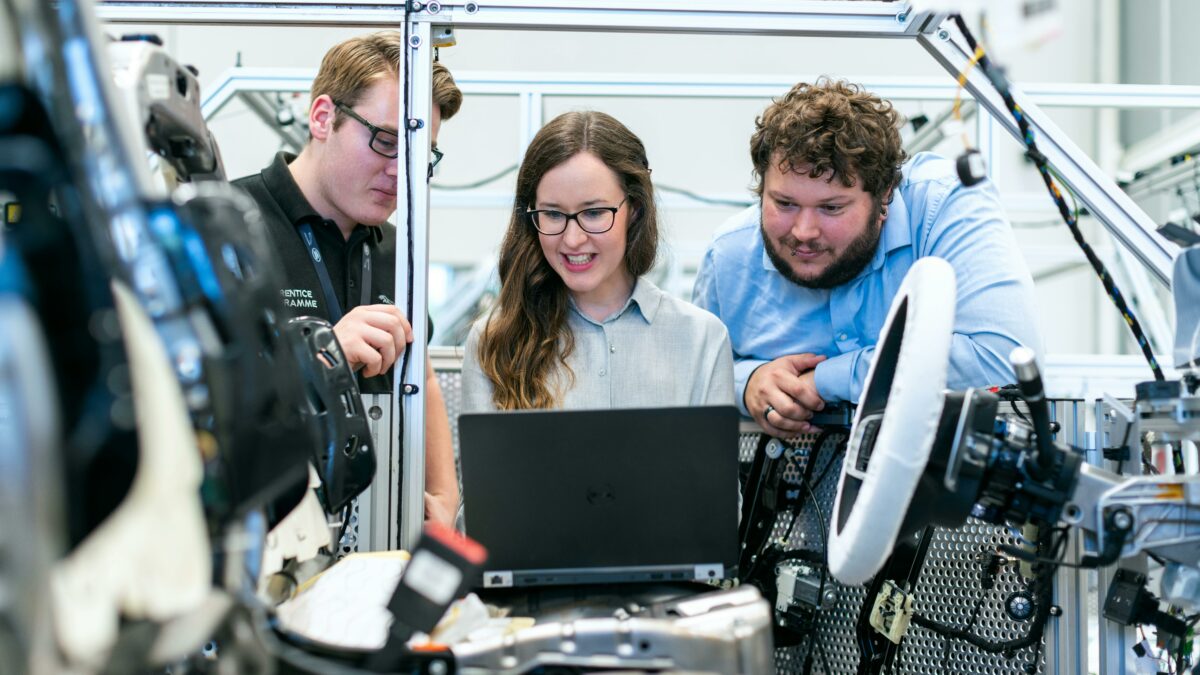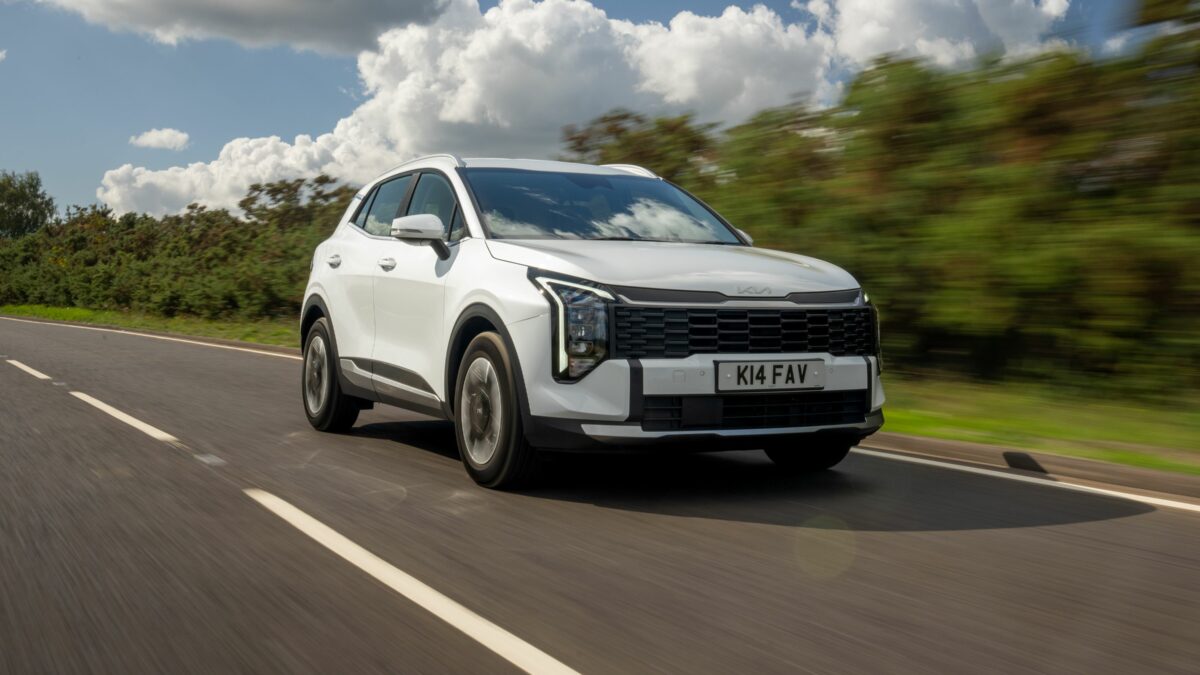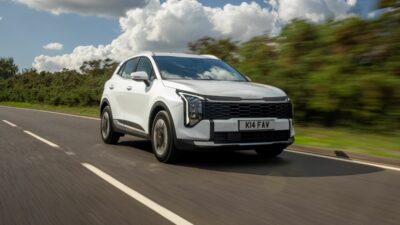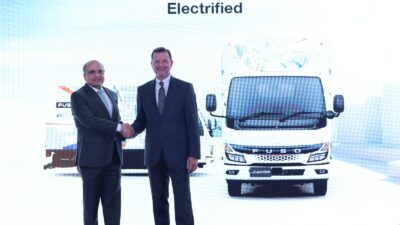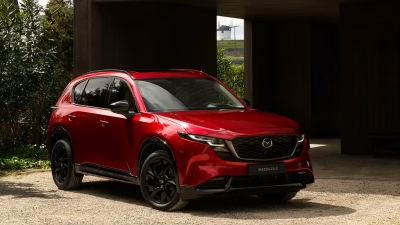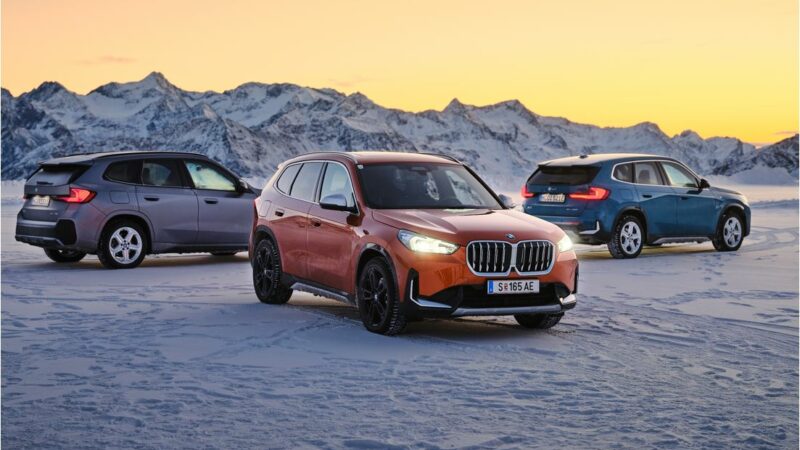
Intelligent all-wheel drive teams up with mild hybrid combustion engines, a plug-in hybrid system and fully electric power to deliver a supreme driving experience in the new edition of the compact Sports Activity Vehicle on a glacier in Austria’s Ötztal.
When the snow starts falling and the roads get icy, the new BMW X1 and new BMW iX1 are in their element. Their robust character profile and BMW xDrive provide all the necessary tools for the job at hand – and in winter training on the glacier above Sölden, Austria they are showcasing the benefits of fully variable power transfer to all four wheels once again. What is more, the new edition of the compact Sports Activity Vehicle (SAV) is now available with three variants of intelligent all-wheel drive. Whether it’s joining forces with mild hybrid petrol and diesel engines, a plug-in hybrid drive system or all-electric power in the new BMW iX1, BMW xDrive serves up assured progress and wintry driving pleasure on the snow-packed test routes of Austria’s Ötztal region.
Six model variants of the new SAV with BMW xDrive are now on sale. Four of these are here in Sölden to shine a spotlight on the intelligent all-wheel-drive system in all its variety. The most powerful petrol- and diesel-engined representatives of the new BMW X1 embody the transfer of drive to all four wheels – as required at any time – in its original form. 48V mild hybrid technology provides these models with an extra electric power boost, which optimises efficiency and, most prominently, sharpens power delivery.
In the new BMW X1 xDrive23i (fuel consumption combined: 7.2 – 6.5 l/100 km [39.2 – 43.5 mpg imp]; CO2 emissions combined: 163 – 146 g/km in the WLTP cycle; NEDC figures: – ) this produces an overall output of 160 kW/218 hp. The new BMW X1 xDrive23d (fuel consumption combined: 5.4 – 4.8 l/100 km [52.3 – 58.9 mpg imp]; CO2 emissions combined: 141 – 125 g/km in the WLTP cycle; NEDC figures: – ) develops 155 kW/211 hp. In both cases, the drive power produced by the combination of combustion engine and electric motor is split between the front and rear wheels via a bevel gear and an electrohydraulically controlled hang-on clutch. Interlinked with DSC (Dynamic Stability Control), this system responds to changes in conditions in a fraction of a second and directs power to where it is needed.


